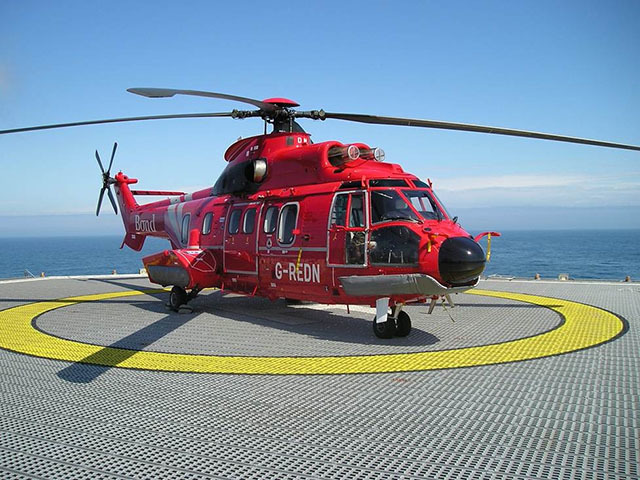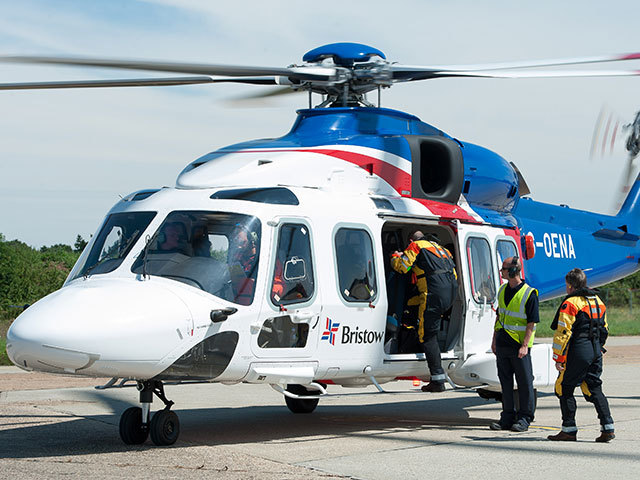
Safety remains the top priority when transporting oil and gas workers to and from offshore platforms, say helicopter operators as they prepare for one of their busiest periods of the year.
All three companies operating out of Aberdeen – CHC Helicopter, Bond and Bristows – say changes have been made to the Superpuma EC225 models following two ditching incidents last year.
Lee James, technical services manager for CHC, says two regulatory controls have come into play on all EC225 models following the incidents – a method for identifying wear and tear within the gearbox shaft and improvements to the emergency cooling system.
Watch our interview with Lee James below
Bond managing pilot Simon Meakins said the ultimate decision on whether or not to fly is always down to the pilot, who assesses flying conditions, weightload of the helicopter and fuel requirements.
“We are adamant there should never be any commercial pressure on the pilots to fly,” he said. “Anyone in any company can put a stop to that flight if there is anything they are not sure about.”
Bristows offshore flights operations manager Matt Rhodes said pilots are given specialist training to deal with the weather and landing conditions when operating in the North Sea.
“Training is key and can take up to three months for a brand new pilot to the company,” he said.
All three operators were speaking at a helicopter insight day, run regularly to inform oil and gas companies about how they operate.
Recommended for you
